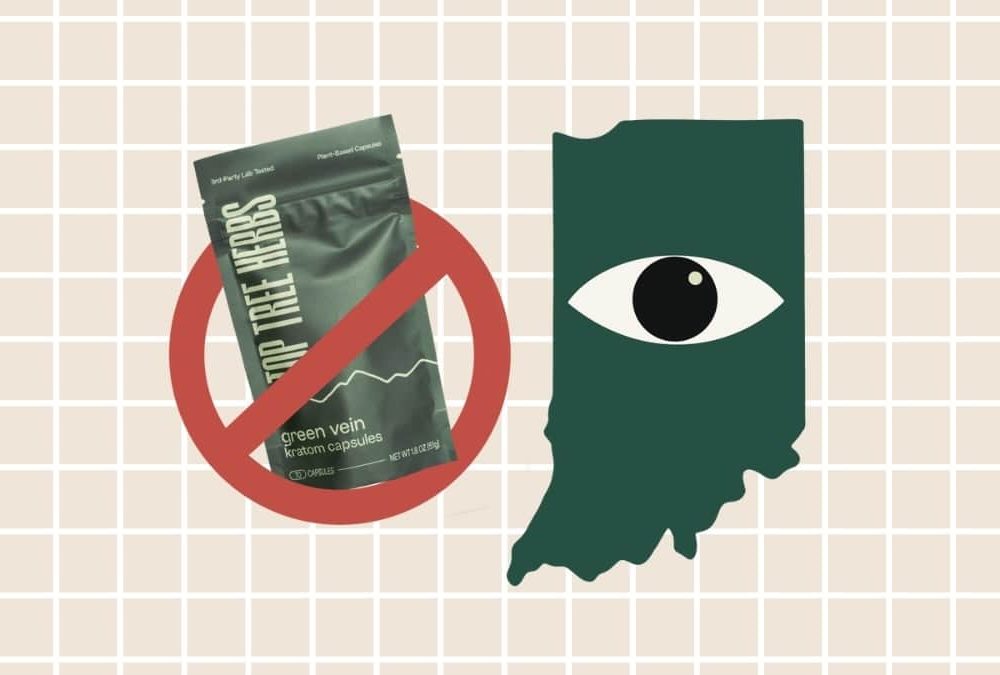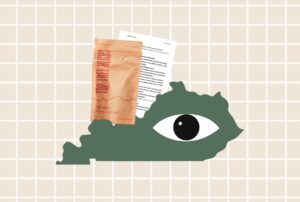For those wondering, “is kratom legal in Indiana?” the current answer as of early 2024 is no. Indiana is one of the five states that have banned kratom.
Kratom is legal in Ohio, Kentucky, Illinois, and Michigan—all four states bordering Indiana. However, citizens cannot have kratom delivered to Indiana from a legal state. Travelers also cannot pass through Indiana with kratom in their possession. By doing so, people risk a hefty fine or even a jail sentence. Since 2014, it has been illegal to buy, sell, or possess kratom in Indiana.
Last year, there was a possibility this could all change, thanks to the progress of a bill that would have decriminalized kratom in Indiana. While this bill stalled in the Indiana Senate, there is still hope that kratom will be legalized in Indiana in the future.
What can Indiana citizens and non-residents do to help the push to legalize kratom? Well, let’s take a look.
When Did Kratom Become Illegal in Indiana?
In Indiana, kratom is currently listed as a Schedule I synthetic substance. How did this legal status of kratom in Indiana materialize?
In 2014, the State Senate of Indiana introduced Indiana Senate Bill 305. When the bill was first introduced, it incorrectly classified two of kratom’s alkaloids, 7-hydroxymitragynine and mitragynine, as synthetic drugs.
Synthetic drugs are listed as Schedule I controlled substances in Indiana. This was an overreach with harmful consequences for Indiana residents.
Why Is Kratom Considered a Synthetic Substance?
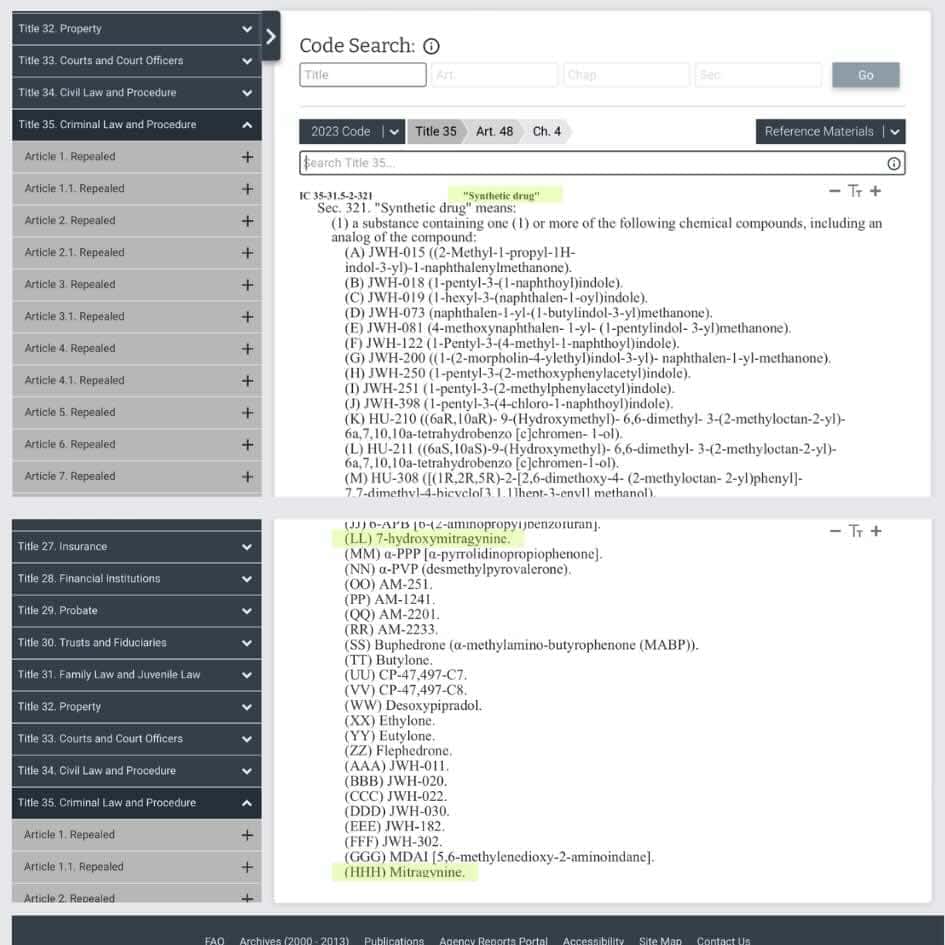
Why was the erroneous synthetic substance classification used to ban kratom in Indiana? It may have been a result of the wildly sensationalized synthetic “spice” craze that was sweeping the nation in previous years.
At that time, anything that was green and could be consumed as a powder was put under fire. Thus, lawmakers may have mistakenly confused the naturally-produced alkaloids found in kratom leaves with compounds such as K2 and synthetic marijuana.
Some sources say that in 2018, the State Senate of Indiana changed the classification of the plant to a “Schedule I Hallucinogenic Substance,” which is still inaccurate. However, evidence of such an amendment has yet to be found.
In Title 35 of the 2023 Indiana legal code, mitragynine and 7-hydroxymitragynine are still listed as synthetic drugs (IC 35-31.5-2-321).
How Are Kratom Alkaloids Produced?
Kratom products are made with the leaves of Mitragyna speciosa trees. The trees naturally produce alkaloids, akin to how coffee plants produce the alkaloid caffeine.
The alkaloids found in kratom can be synthesized, just as caffeine can be synthesized, but that by no means insinuates that they belong in this category of controlled substances.
Consequences for Possession of Kratom in Indiana
Since the passage of Indiana Senate Bill 305, kratom has been classified as a Schedule I controlled synthetic substance. Therefore, kratom is illegal for sale, purchase, possession, and consumption throughout the state of Indiana.
Here are some of the charges a person can face if caught with kratom in IN:
- Regular possession of kratom is considered a Class A Misdemeanor; charges include a fine of up to $5000 or up to 12 months in jail.
- If a person is caught in possession of kratom near a school or near a minor, or is considered to have intent to distribute kratom to others, they can be convicted of a Level 6 Felony. This can result in a fine of up to $10,000, or a prison sentence of up 2.5 years.
Lawmakers and enforcement agents often argue that criminalization of substances—from kratom to marijuana—keeps residents safer. Yet, as will be explained below, criminalization actually creates more dangerous circumstances for Indianans.
House Bill 1500 Introduced to Legalize Kratom in Indiana in 2023
In 2023, multiple bills were filed to decriminalize various substances that are currently illegal in Indiana state. Out of all these efforts, the only bill that moved forward was IN HB 1500.
At the end of February, the bill advanced with a 53-40 vote from the House of Representatives. The House referred the bill to the Senate Committee on Commerce and Technology. Unfortunately, the committee took no action on the bill.
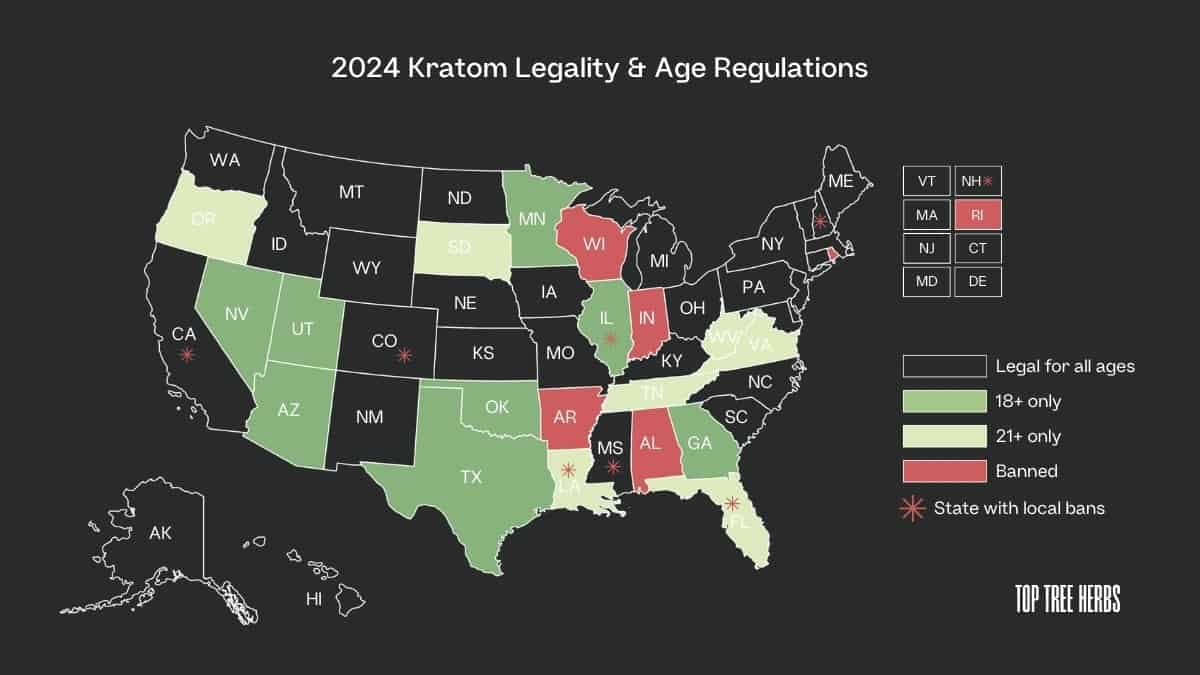
What Did the Proposed Indiana Kratom Bill Entail?
The bill, authored by Rep. Alan Morrison (R-Terre Haute), would have decriminalized kratom. Further, it would have created strict regulations for the manufacture and sale of kratom products in the state.
Consumers, businesses, and legislators alike agree that regulations are vital to keeping kratom safe and effective in Indiana and beyond. Here’s a deeper dive into how HB 1500 would regulate kratom:
- Declares that kratom is not a controlled substance, and instead defines a “kratom product” as a food product or dietary ingredient
- Limits the concentration of 7-hydroxymitragynine and the amount of residual solvents allowed in kratom products
- Requires manufacturers to maintain a Manufacturing Batch Record and independent lab test results for each finished kratom product
- Stipulates product label components, including serving size, expiration date, the manufacturer’s information, a web address, and a QR code that links to batch information
- Criminalizes the sale of kratom to minors and establishes penalties for violating the manufacturing or labeling guidelines
The latest version of Representative Morrison’s bill would have thus allowed anyone age 18 and older to buy kratom in Indiana.
Related: Kratom Legal Age in Each US State + 2024 Kratom Legality Map
For any manufacturers or vendors that sell kratom in Indiana, their failure to comply with these regulations would have resulted in an infraction or a misdemeanor charge.
Why Regulate in Addition to Decriminalizing?
Why would a kratom tea company advocate for restrictions on kratom? Some kratom manufacturers are anti-regulation. They argue that regulation restricts their freedom, yet the main issue for them is probably that it hurts their bottom line.
However, consumer safety should take priority here, not company profit. Without proper oversight and quality standards kratom’s safety will always remain in question. This isn’t a double standard that is only applicable to kratom. Such oversight exists for every product on the shelf at your local supermarket or health food store.
Any reputable kratom vendor will have their kratom independently lab-tested, which helps to identify contaminants and product strength. Kratom is, after all, a natural product. This means that it is susceptible to accumulating natural contaminants, such as heavy metals or mold.
Unfortunately, adulterated or contaminated kratom can tarnish kratom’s already-fraught reputation. While the blame shouldn’t necessarily be on kratom when adverse events happen due to adulteration or contamination, oftentimes it is. Creating quality standards for the entire industry can prevent kratom from being unduly stigmatized.
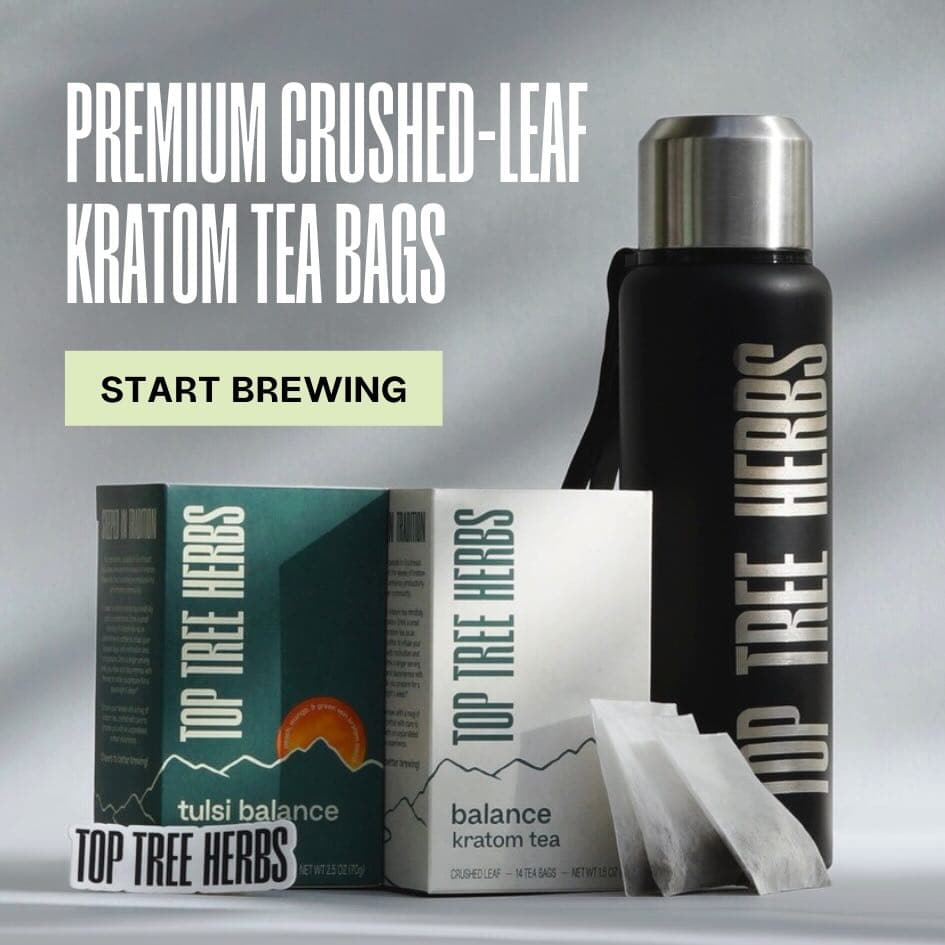
Will Kratom Be Legal in Indiana in 2024? The Next Steps and How to Help
Kratom will remain illegal in Indiana until a successful legal effort is made. Although the 2023 Indiana kratom bill was not enacted, there is still a possibility of legalizing kratom in the state. However, the path ahead is riddled with obstacles.
If you live in Indiana, the best way to support kratom legalization is to contact your state officials. You can share your story and vouch for the benefits of regulating kratom.
You can advocate for the Federal KCPA with the online tool created by the American Kratom Association. Don’t forget to encourage family and friends to support these efforts alongside you.
How Does Kratom Criminalization Harm Indiana Residents?
Kratom has been illegal in Indiana since 2014, so there hasn’t been any drastic change for residents in the past few years. However, the current prohibitionist law still hurts people and destroys lives in the state.
Since kratom is legal in all of the bordering states, people may unwittingly pass through Indiana from a legal state and find themselves in jail thanks to a prohibitionist law they didn’t even know existed.
After a traffic stop or car accident, people have had their lives flipped upside-down for possessing a small amount of kratom in Indiana. No one should be thrown in jail for having the wrong zip code.
Indianans That Are Still Consuming Kratom Face Higher Risks
According to the American Kratom Association, an estimated 100,000 Indiana residents still consume kratom. Indiana’s kratom consumers, unable to access a trustworthy place to buy kratom in their state, are forced to look into riskier options. As a result of the state’s ban on kratom, a black market exists for kratom in Indiana.
As Rep. Alan Morrison stated earlier this year, this illegal market increases the risk of “impure” substances or products that are contaminated with different drugs. In this way, prohibition creates a risk that might not exist without it.
Kratom is fairly mild when the leaves are made into a tea. The last thing consumers should have to worry about is whether or not their kratom has been adulterated with a substance not listed on the label, or contaminated with mold and bacteria due to a lack of regulation.
But when kratom is prohibited, that’s a risk that any kratom consumer in Indiana—or any state that has scheduled kratom—has to consider.
Normalizing Kratom Can Help Change Minds Across the US
Beyond advocating for kratom legalization in every state (and country), normalization is an incredibly important goal that Top Tree Herbs was founded to work towards. No one should be criminalized or stigmatized for choosing to consume kratom. Prohibition not only infringes on personal freedom but also creates unsafe conditions for those who want to use it for its potential benefits.
A regulated market for kratom could mitigate the risks associated with unregulated and black market sales, including the sale of contaminated or adulterated products. Hopefully, Indiana legislators re-examine the evidence and come to a new conclusion about kratom’s legal status.
If they do, the answer to the question “is kratom legal in Indiana?” might be be yes in the near future.
